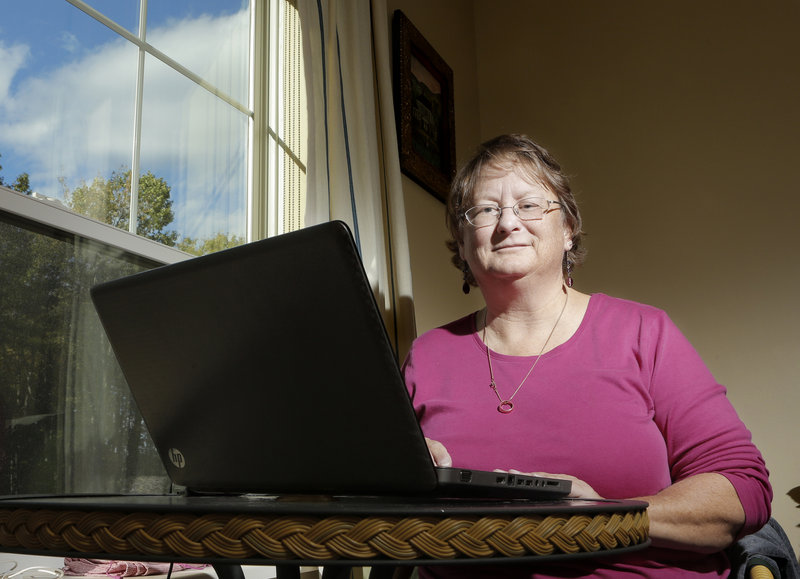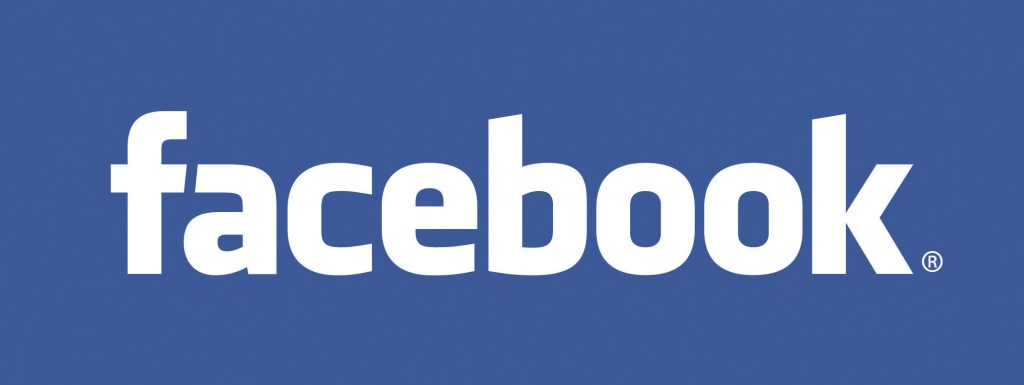Alyssa Eppich of Saco says she learned the hard way that politics and Facebook don’t always mix.
She once posted a comment on her Facebook page that was supportive of President Obama. It cost her a 10-year friendship with a woman who, as it turned out, was politically conservative and very anti-Obama.
“She dropped me and I got this very nasty note about it,” the 53-year-old said. “I don’t think you drop old friends because you disagree politically.”
As Election Day approaches and political passions boil, lots of friends and relatives are learning more about each other on social media than they wanted to know. And politics are ending a lot of friendships, or at least the Facebook version of them.
While most social network users say they avoid posting their political views online, nearly 40 percent also say they have been surprised by the political views posted by their friends, according to a survey earlier this year by the Pew Research Center.
And nearly 20 percent say they have blocked, unfriended or hidden someone because the person posted too much about politics.
These days, it’s a dilemma that can come up every time you log on.
“There are places that I go to read about politics, and Facebook is not one of them. I go there to socialize and find out what my friends are up to,” said Greg Marsh, a 33-year-old Portland native now living in San Francisco.
Marsh routinely blocks comments from friends when their political posts get “more annoying than interesting,” he said. But he does it gently, using a Facebook function to hide their comments without their knowledge rather than unfriending them outright. There’s no gentle way to cut off a Twitter feed, however, so he just unfollows them, he said.
Greg Marks, a 42-year-old Portlander, said he has been surprised by some of the intense political views of his Facebook friends, too. But he keeps them as friends because he figures it’s better to know what they are thinking.
“Based on their Facebook posts, I can engage with them on a more personal level and also stay clear of issues,” he said. “It’s good to know who your enemies are and who your friends are.”
Facebook users say the anger level of political posts is picking up, and there was a lot more unfriending going on after the first presidential debate.
Cecily Muller, a 58-year-old of Windham, has even posted a disclaimer on her Facebook page: “I don’t post anything political or religious.”
“I wouldn’t walk into a room of people and say, ‘Oh, Mitt Romney is full of (it).’ Facebook is the same thing,” she said.
She is sometimes surprised to see who doesn’t follow that rule, however.
“I might know that a family member is a Republican or a Democrat or an independent, but to sometimes see things so vehemently posted, I just go, whoa. It’s sometimes just taken me aback.”
Muller has sent notes gently telling family members their facts are wrong, but she doesn’t unfriend them because of politics, she said.
“We gain knowledge sometimes from places we never thought we would gain it. Why would we shut that off?”
Christine Rousselle, a 21-year-old Scarborough native now at college in Rhode Island, said she thinks Facebook is a great place to learn about differing opinions.
Rousselle is conservative and loves politics. Her Facebook profile picture is a photo of her standing next to U.S. Rep. Ron Paul, R-Texas. Her political posts have caused people to unfriend her or post ugly comments, she said, but it has not discouraged her.
She once “donated” her Facebook status to an anti-abortion group, which means her page featured a different anti-abortion message each day for a month. It started a daily argument on her Facebook page between her liberal and conservative friends.
“I appreciate seeing other people’s opinions,” she said. “I didn’t mean to cause the ruckus it caused.”
Eppich, of Saco, said she really likes to see other people’s opinions, too.
But after losing her friend and reading nasty comments from “trolls” on her Facebook page, she decided she needed some limits. She now has a subgroup of Facebook friends who trade political opinions on a separate, restricted page. The members of the subgroup don’t all agree politically, but they do agree to be respectful, she said.
Eppich wishes it didn’t come to that. She worries that many Americans are isolating themselves from opinions they don’t agree with, and she doesn’t want to be one of them, she said.
“I really believe that we need to keep the conversations open and we need to consider everybody’s opinion.” But, Eppich said, Facebook is a risky place to do it.
“There is no middle ground on which we can meet to talk about what’s going on in this country.”
Staff Writer John Richardson can be contacted at 791-6324 or at:
jrichardson@pressherald.com
This story was updated at 11:50 a.m. Oct. 15 to correct the spelling of Christine Rousselle’s surname and the state in which she attends college.
Send questions/comments to the editors.




Comments are no longer available on this story